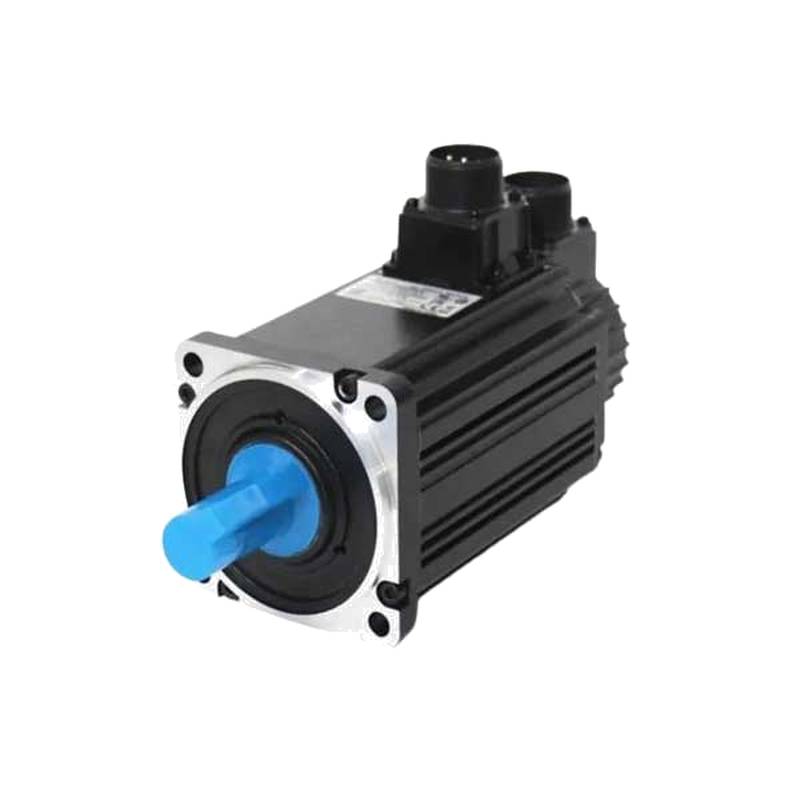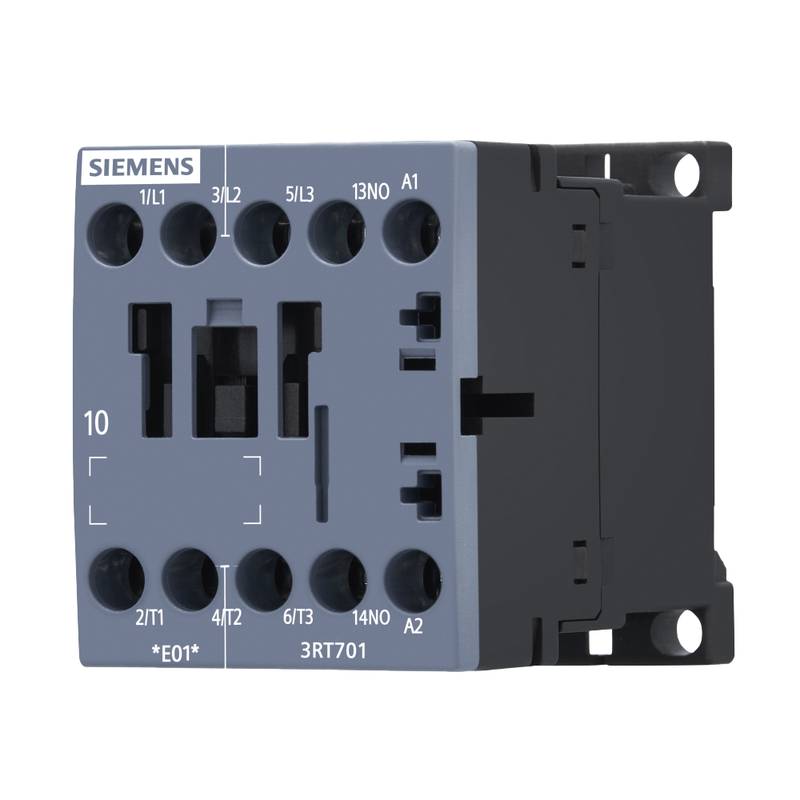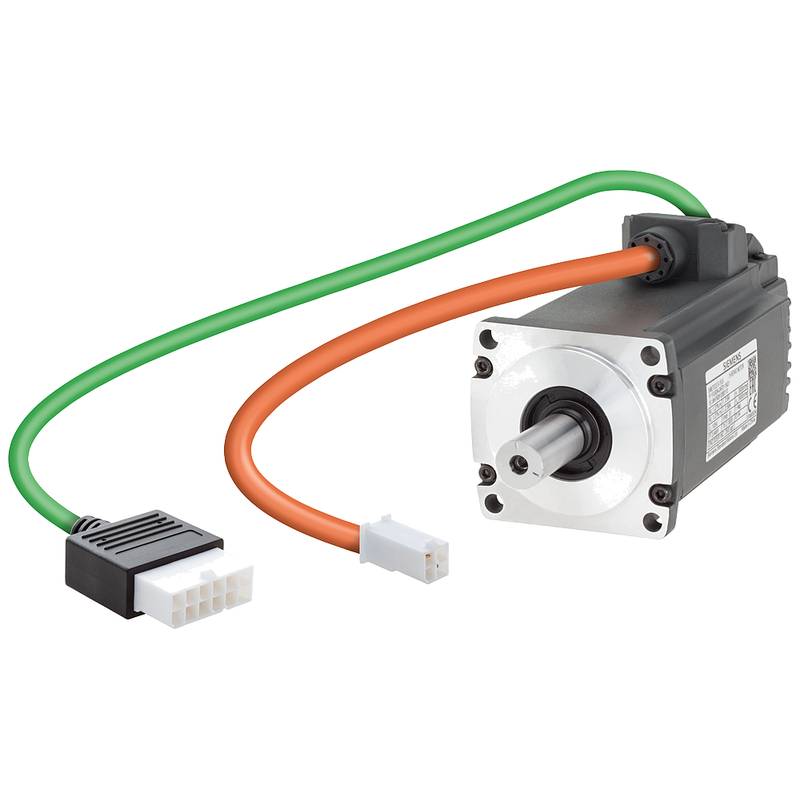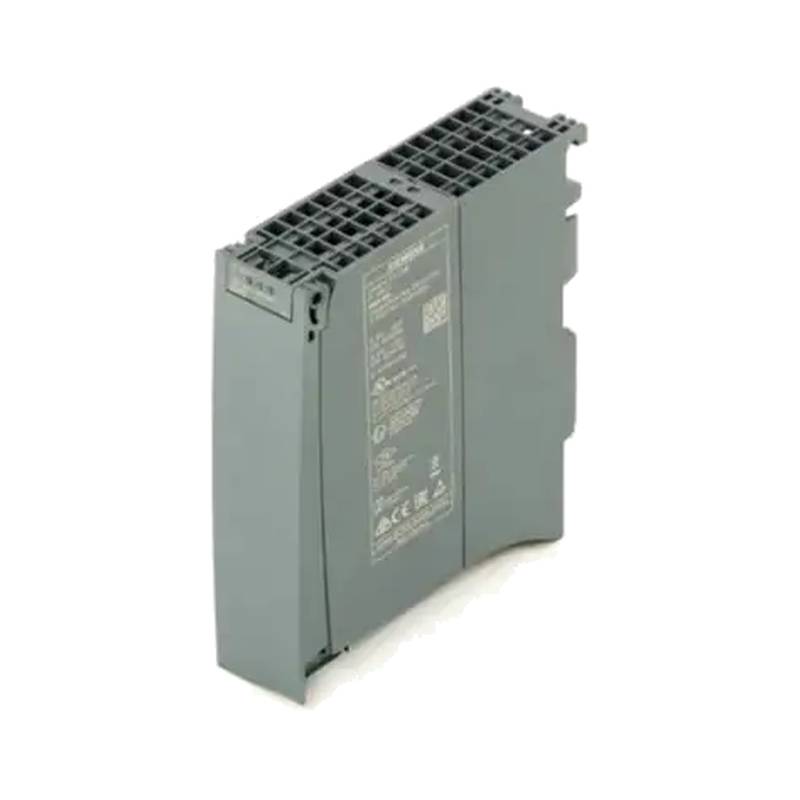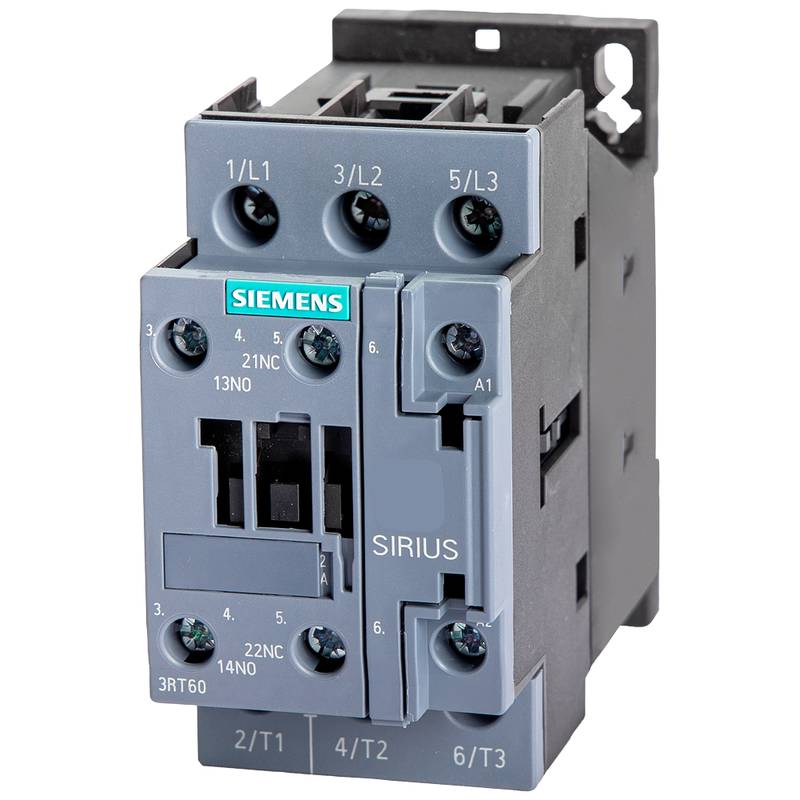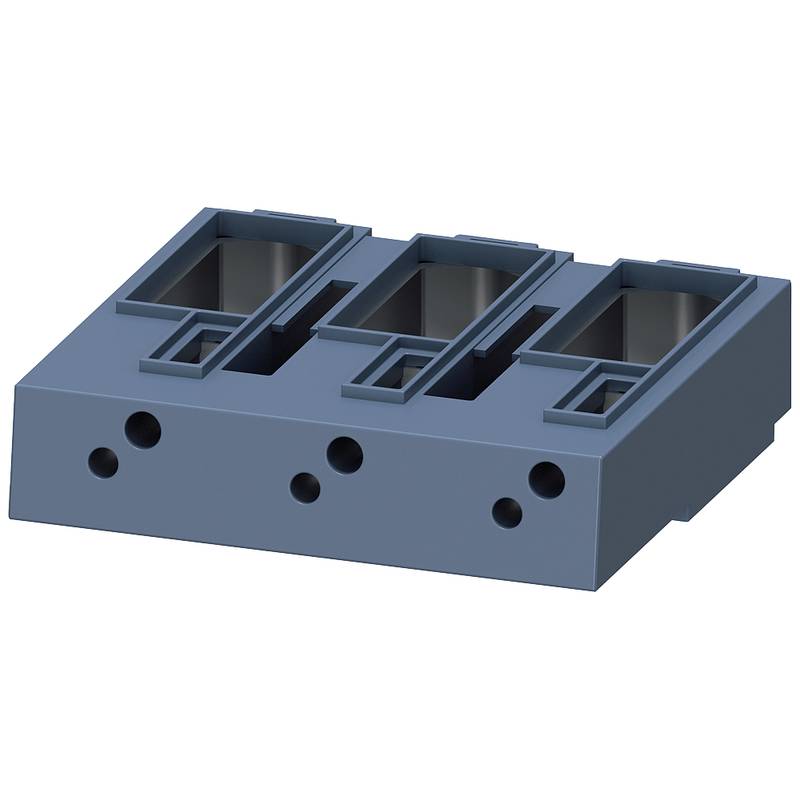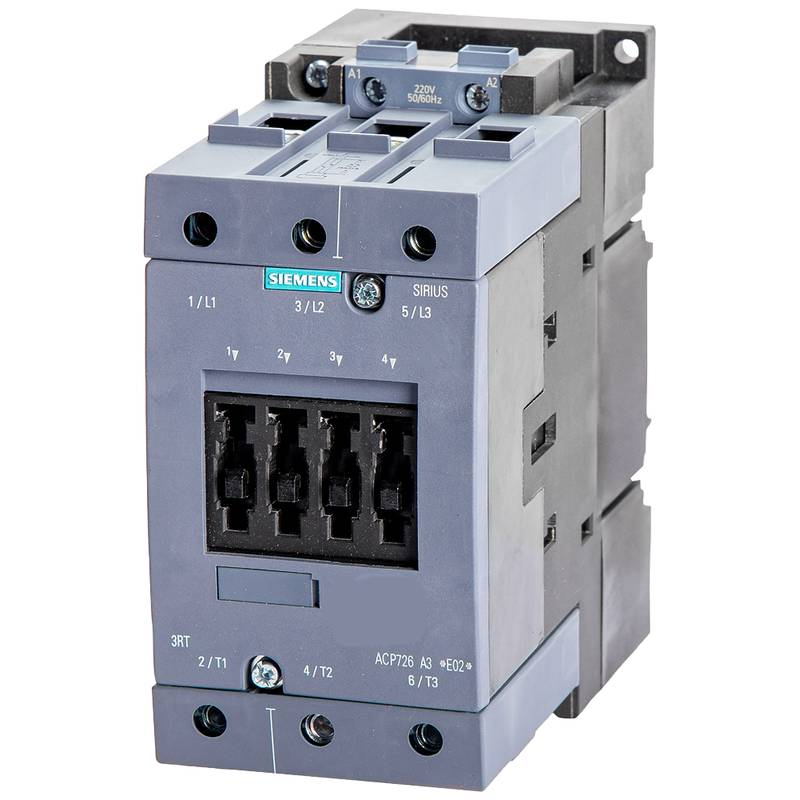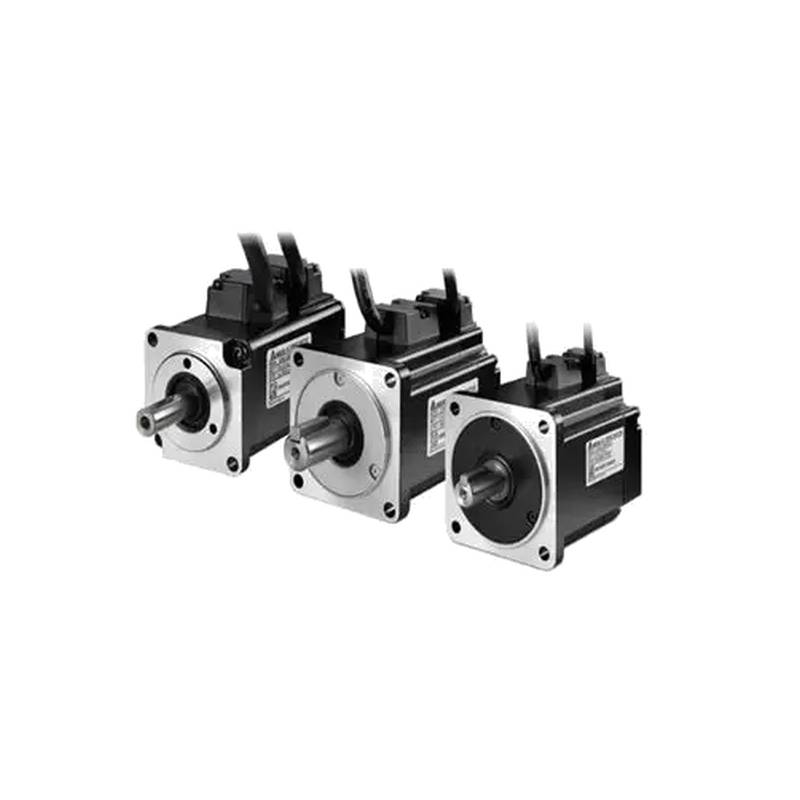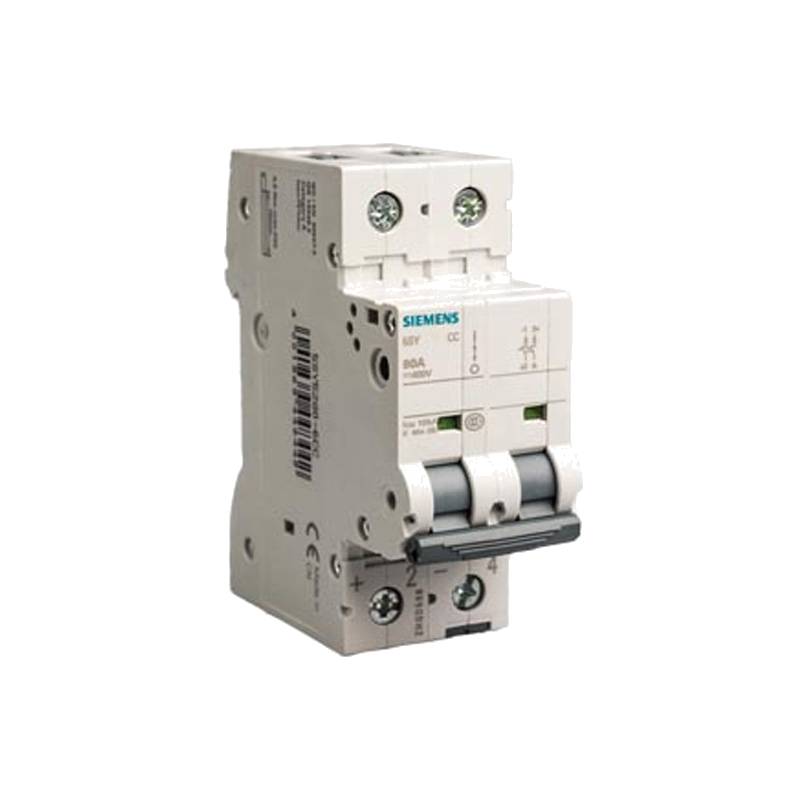
The Delta ECM-B3H-FA1318SS1 is a low inertia servo motor engineered for high-speed, high-precision automation tasks. This motor boasts a compact design, exceptional torque density, and rapid acceleration capabilities, making it ideal for demanding applications. Its key technical parameters include a rated voltage of 230V, a rated output power of 1.0 kW, and a maximum speed of 5000 RPM, all contributing to its superior performance in dynamic environments. The motor's low inertia design is critical for applications requiring swift, accurate movements and rapid settling times, differentiating it significantly in the competitive servo market.
Product Specifications
| Parameter | Value |
| :----------------- | :------------- |
| Model | ECM-B3H-FA1318SS1 |
| Rated Voltage | 230V |
| Rated Output Power | 1.0 kW |
| Rated Torque | 3.18 Nm |
| Peak Torque | 9.55 Nm |
| Rated Speed | 3000 RPM |
| Max Speed | 5000 RPM |
| Inertia | 0.000120 kg·m² |
| Insulation Class | Class F |
| Protection Class | IP65 |
| Encoder Resolution | 20-bit Absolute |
Core Features & Market Positioning
The Delta ECM-B3H-FA1318SS1 distinguishes itself through its remarkably low rotor inertia, enabling unmatched dynamic response and precise positioning in high-speed operations. This characteristic positions it as a premium choice for automation systems where cycle times are critical and accuracy cannot be compromised. The motor integrates a high-resolution 20-bit absolute encoder, ensuring precise position feedback without homing requirements, thereby simplifying setup and enhancing operational reliability. Its robust IP65 protection rating signifies superior resistance to dust and water ingress, making it suitable for challenging industrial environments. Furthermore, its high torque density allows for smaller motor sizes without sacrificing performance, offering valuable space-saving benefits in machine design.
Key Application Scenarios
This low inertia servo motor is exceptionally well-suited for pick-and-place machines, robotics, automated assembly lines, and high-speed packaging equipment. Its rapid acceleration and deceleration capabilities are paramount in applications demanding short cycle times and precise movements, such as semiconductor manufacturing equipment or automated optical inspection systems. The ECM-B3H-FA1318SS1 is also a strong candidate for CNC machinery and cutting tools where rapid tool changes and high-speed machining are required. In the food and beverage industry, its suitability for hygienic environments and consistent performance in packaging operations makes it a valuable asset.
Practical System Integration Guidance
Integrating the Delta ECM-B3H-FA1318SS1 servo motor involves careful consideration of its power and control requirements. It is designed to be compatible with Delta's ASDA-B3 series servo drives, ensuring seamless communication and optimal performance. For electrical connections, a shielded motor cable is recommended to minimize electromagnetic interference, particularly in electrically noisy environments. The motor typically utilizes an M30 connector for power and an M12 connector for the encoder signal. Proper grounding of both the motor and the servo drive is essential for safety and signal integrity. When programming, leverage the servo drive's advanced features for motion profiling, such as S-curve acceleration/deceleration, to further enhance smooth operation and reduce mechanical stress.
Operation and Risk Mitigation
Safe operation of the Delta ECM-B3H-FA1318SS1 servo motor necessitates adherence to electrical safety standards and proper mechanical coupling. Always ensure power is disconnected before performing any wiring or maintenance. Overloading the motor beyond its rated torque can lead to overheating and premature failure; monitor motor temperature and torque load through the servo drive's diagnostics. The IP65 rating provides good protection, but continuous submersion in water or exposure to high-pressure jets should still be avoided. Common troubleshooting may involve checking encoder connections for signal loss or inspecting power cables for damage. Refer to the specific servo drive's manual for detailed error code interpretations and corrective actions.
Scalability & Long-Term Value
The Delta ECM-B3H-FA1318SS1 servo motor is part of a scalable automation ecosystem, designed to integrate with a broader range of Delta's industrial automation products, including PLCs and HMIs. This compatibility facilitates the creation of cohesive and intelligent manufacturing systems. For manufacturers looking to implement Industry 4.0 initiatives, the motor's integration with Delta's servo drives allows for advanced data acquisition and remote monitoring capabilities, providing insights into performance and enabling predictive maintenance strategies. Its robust construction and Delta's commitment to quality ensure a long operational lifespan, offering significant long-term value and a reduced total cost of ownership.
FAQs
Q1: What are the primary advantages of the Delta ECM-B3H-FA1318SS1 servo motor?
This motor excels due to its exceptionally low inertia, enabling rapid acceleration and precise control.
It offers high torque density in a compact form factor, saving valuable machine space.
Its integrated 20-bit absolute encoder ensures reliable positioning without homing.
Q2: What types of applications is the ECM-B3H-FA1318SS1 servo motor best suited for?
It is ideal for high-speed pick-and-place robots and automated assembly tasks.
The motor is excellent for demanding applications like semiconductor manufacturing equipment.
It also performs well in high-speed packaging machinery and CNC applications.
Q3: Can the Delta ECM-B3H-FA1318SS1 be used with controllers other than Delta's ASDA-B3 series?
While designed for ASDA-B3 drives for optimal performance, integration with other controllers is possible.
It requires a compatible servo drive that supports the motor's voltage and communication protocols.
Careful selection of a third-party drive and proper parameter configuration are essential for successful integration.
Q4: What is the significance of the motor's low inertia rating?
Low inertia allows the motor to change speed and direction much faster than higher inertia motors.
This is crucial for applications requiring very short cycle times and high positional accuracy.
It reduces mechanical stress on the system during rapid movements, potentially increasing lifespan.
Q5: How does the 20-bit absolute encoder benefit users?
The absolute encoder remembers its position even when power is off, eliminating the need for homing routines.
This saves time during startup and ensures consistent positioning across power cycles.
It provides very high positional resolution, leading to finer motion control and accuracy.
Q6: What environmental conditions can the ECM-B3H-FA1318SS1 motor withstand?
The motor features an IP65 protection class, making it resistant to dust ingress.
It also offers protection against water jets from any direction, suitable for washdown areas.
However, it is not designed for continuous submersion or high-pressure cleaning.
Q7: What are the power and voltage requirements for this servo motor?
The ECM-B3H-FA1318SS1 operates with a rated voltage of 230V.
Its rated output power is 1.0 kW, providing substantial performance for its size.
Ensure your power supply can meet these requirements and is properly conditioned.
Q8: How should the Delta ECM-B3H-FA1318SS1 servo motor be installed for optimal performance and safety?
Mount the motor securely to a rigid surface to prevent vibration.
Use shielded motor cables to minimize electromagnetic interference, especially in complex systems.
Ensure proper grounding of the motor and its associated servo drive for electrical safety.
Q9: What kind of maintenance is typically required for this servo motor?
The motor itself requires very little routine maintenance due to its brushless design.
Regular inspection of power and encoder cables for wear or damage is recommended.
Keep the motor's cooling surfaces clean and free from debris.
Q10: How does this motor contribute to Industry 4.0 initiatives?
When paired with compatible Delta drives, it enables data logging for performance analysis.
This facilitates predictive maintenance by monitoring operational parameters and detecting anomalies.
Its integration into networked systems allows for remote monitoring and control of automated processes.














